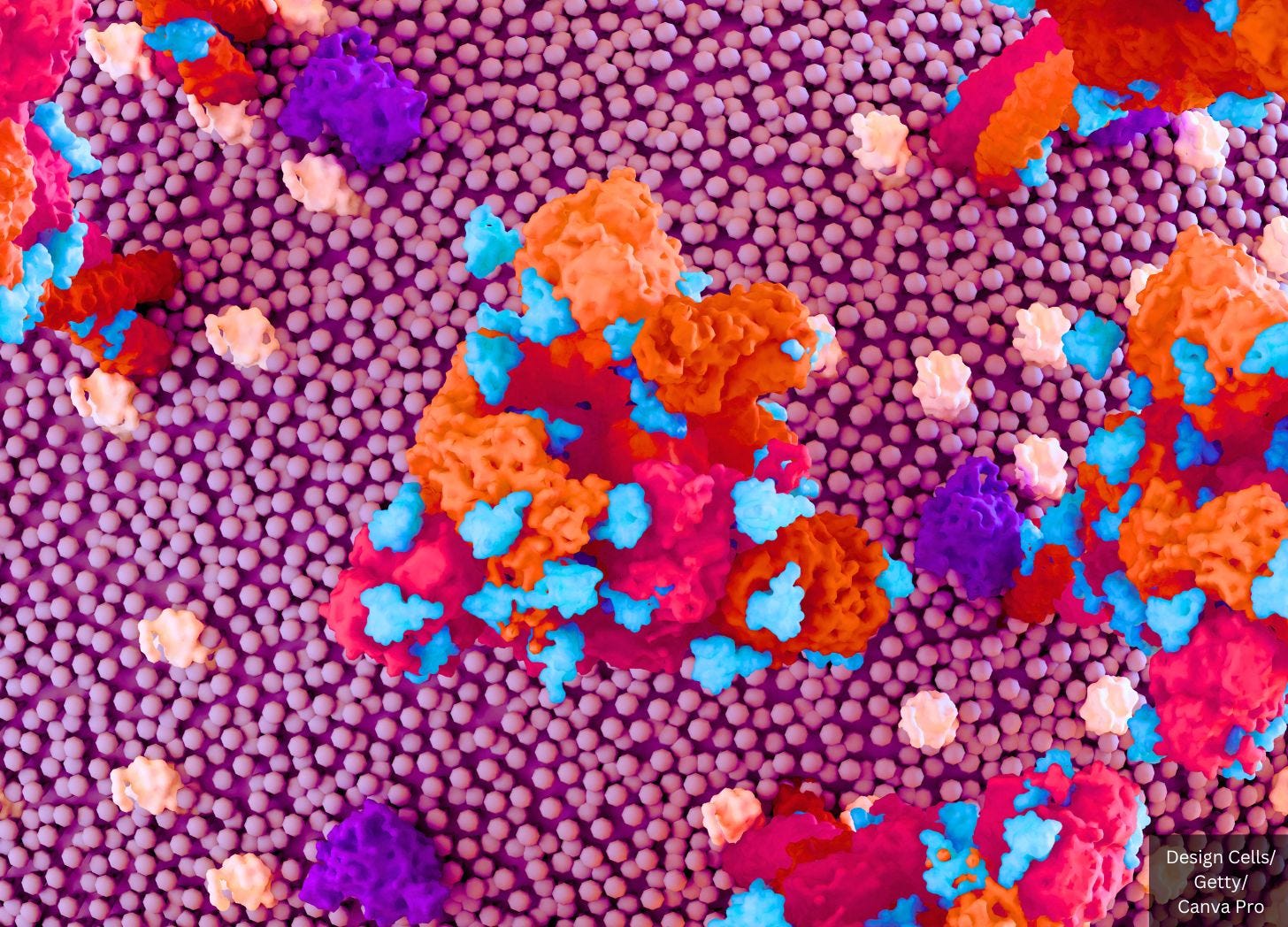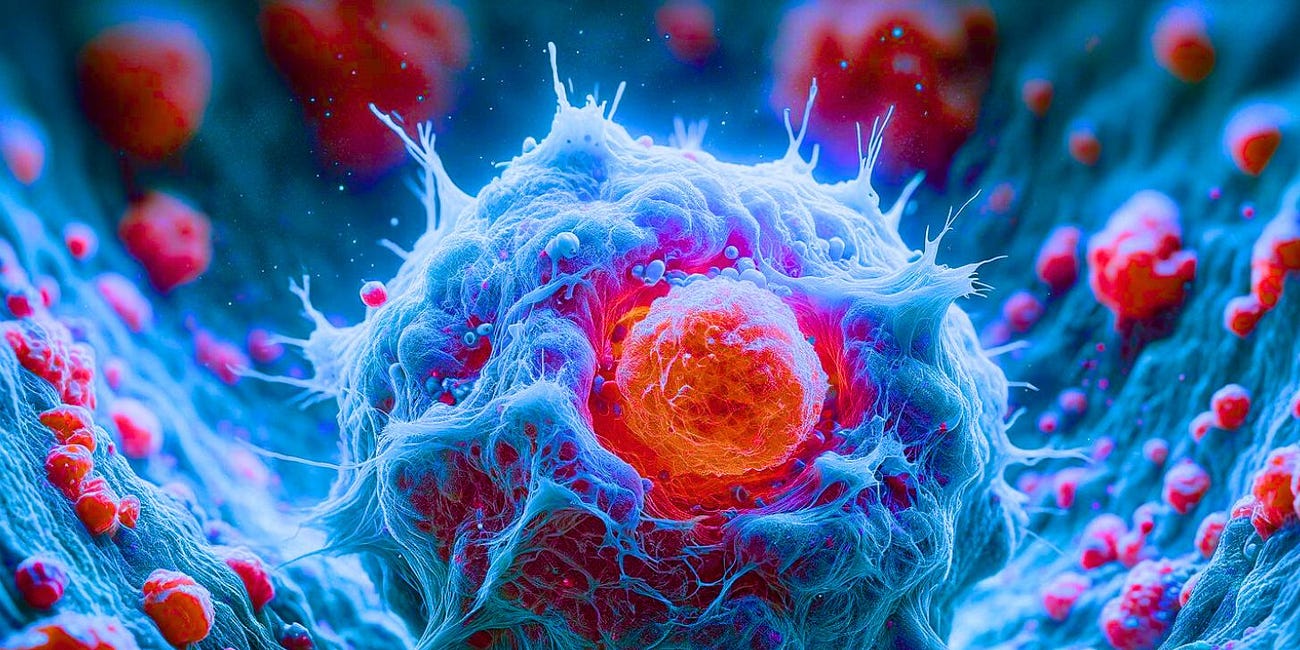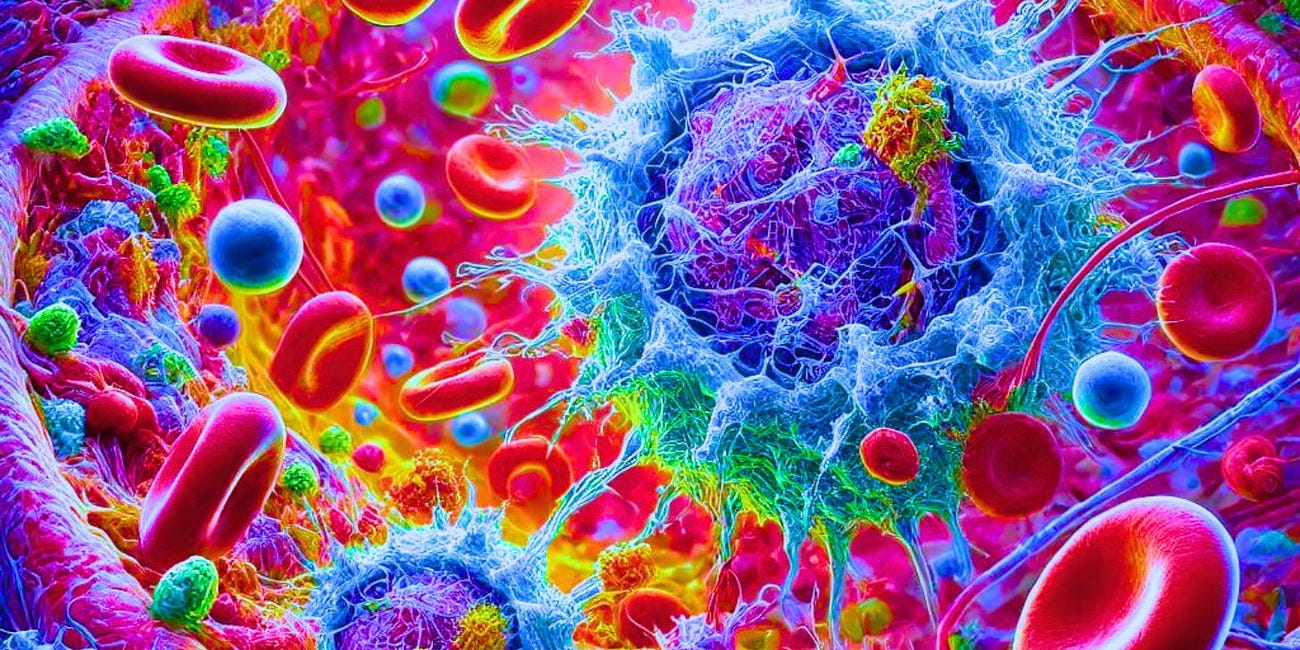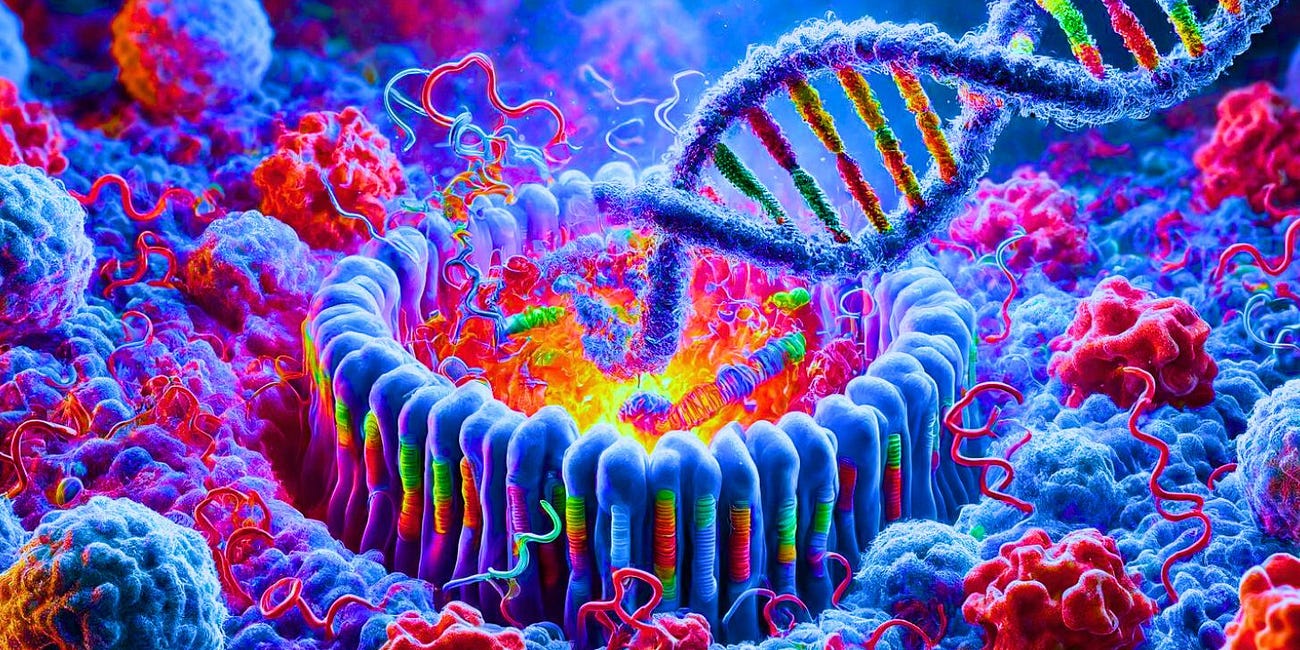Disease-Causing COVID Jab Spike Protein Stays in Body 709 Days: Yale Researchers
We were told it only stays in the body for "a few weeks."
A new preprint study from Yale University School of Medicine confirms that the disease-causing spike protein produced by the COVID-19 injections can persist in the body for nearly two years after vaccination.
Follow Jon Fleetwood: Instagram @realjonfleetwood / Twitter @JonMFleetwood / Facebook @realjonfleetwood
Earlier in the COVID pandemic, health authorities told us the spike protein only stays in the body “up to a few weeks.”
Moreover, an exhaustive compilation of over 250 peer-reviewed scientific studies has highlighted a growing body of evidence showing that the spike protein—the key component of COVID mRNA injections—is highly pathogenic.
The new preprint study, published Tuesday in medRxiv and titled Immunological and Antigenic Signatures Associated with Chronic Illnesses after COVID-19 Vaccination, investigated immune profiles of individuals suffering from what the authors call “post-vaccination syndrome (PVS).”
You can download the full study below:
Researchers found “elevated levels of circulating spike protein compared to healthy controls.”
According to the findings, “detectable S1 was found in participants’ plasma ranging from 26 to 709 days from the most recent known exposure.”
The researchers employed a specialized detection method known as the Successive Proximity Extension Amplification Reaction (SPEAR) immunoassay, which “can detect S1 levels as low as 5.64 fM,” which is 5.64 trillionths of a mole (a unit that represents 6.022 × 10²³ particles (atoms, molecules, or ions) per liter of blood.
The study also states: “Most notably, we found elevated levels of spike (S1 and full-length S) in circulation up to 709 days after vaccination among a subset with PVS, even in those with no evidence of detectable SARS-CoV-2 infection.”
Health authorities initially claimed that the spike protein from the COVID-19 vaccines would degrade within days or weeks, yet this Yale-led research contradicts those assurances.
The researchers observed that “significantly elevated levels of circulating S1 and S were observed in a subset of PVS participants both in the infection-naïve and infection-positive groups up to 709 days post-exposure.”
The finding aligns with previous reports (see below this article) suggesting that the spike protein does not degrade as quickly as initially claimed.
The study further explains that “circulating full-length S has also been detected in cases of post-vaccination myocarditis.”
Additionally, the researchers found similarities between PVS and long COVID, noting that “given the striking similarities between long COVID and PVS symptoms, there has been speculation regarding the potential causal role of the persistent presence of spike protein driving the chronic symptoms.”
The Yale team also referenced prior research indicating that “S1 subunit is sufficient to cause formation of trypsin-resistant fibrin clots when added to plasma from healthy individuals.”
This raises concerns about the spike protein’s role in blood clotting disorders and other vaccine-related complications.
As the researchers noted, “Why persistent spike antigen fails to elicit an antibody response, and what the source of persistent spike in circulation is, requires further investigation.”
The findings in this preprint raise serious questions about long-term antigen persistence following COVID-19 vaccination.
This study obliterates the early claims that the spike protein vanishes in weeks—Yale researchers have now confirmed it lingers for nearly two years, raising urgent questions about the long-term impact of COVID-19 injections that health authorities can no longer ignore.
Follow Jon Fleetwood: Instagram @realjonfleetwood / Twitter @JonMFleetwood / Facebook @realjonfleetwood
250 Studies Confirm Spike Protein Pathogenicity, Raising Concerns About COVID-19 mRNA Jabs
An exhaustive compilation of over 250 peer-reviewed scientific studies led by Dr. Martin Wucher highlights a growing body of evidence showing that the spike protein—the key component of COVID-19 mRNA injections—is highly pathogenic.
COVID Jab Spike Protein Remains in Body 'Up to 245 Days'—Not a 'Few Weeks' as Health Authorities Claimed: Journal 'MedRxiv'
A March publication in the peer-reviewed medical journal MedRxiv confirms that the spike protein produced by cells after mRNA COVID-19 injection remains in the body for “up to 245 days,” contradicting claims from mainstream health authorities.
Moderna Patent Says Vitamin C May Block Spike Protein Production in COVID-19 Jab
Moderna Inc.’s patent for its mRNA COVID-19 injection’s lipid nanoparticle (US11622972B2) reveals that vitamin C (ascorbic acid) may significantly hinder spike protein production by creating impurities known as “adduct impurities.”
COVID Spike Protein—Present in Pfizer, Moderna mRNA Jabs—Helps Cancer Cells Survive Chemotherapy: Brown University Study Preprint in 'BioRxiv'
Brown University researchers posted a preprint study last month in BioRxiv, an open-access preprint repository for the biological sciences, confirming that the SARS-CoV-2 spike protein interferes with the effectiveness of chemotherapy treatment for cancer.
COVID Jab Spike Protein Linked to 'Life-Threatening' Immune Disorder Causing Severe Inflammation: Journal 'Infectious Disorders - Drug Targets'
A Monday publication in the peer-reviewed medical journal Infectious Disorders - Drug Targets confirms the link between the spike protein that the COVID-19 jab forces the body to produce and the immune disorder Macrophage Activation Syndrome (MAS).
COVID-19 Jab mRNA and Spike Protein Stay in Human Tissue Longer Than Expected—187 Days: Journal 'British Pharmacological Society'
A new review article published Wednesday in the journal British Pharmacological Society confirms COVID-19 jab mRNA can last up to a month in the body, and spike proteins can persist over six months, potentially causing cardiotoxicity and immune response issues, with ingredient N1-methyl-pseudouridine (m1Ψ) contributing to these risks.
COVID Vaccinated Could Shed Lipid Nanoparticles, Spike Protein Through Blood Transfusion, Breastmilk, Organ Transplantation, Exhalation, Skin-to-Skin Contact: New Preprint Study
A new study made available online today in preprint analyzes exposure to COVID-19 vaccine components such as lipid nanoparticles or spike protein.













In 2021-2022, emails and reports were distributed to thousands of leaders across various sectors, including government, media, airlines, unions, universities, schools, and the medical industry worldwide, with the following 15 GB of information documenting concerns related to the pandemic and the associated vaccines.
15 GB Shared Mega folder for download - They knew the truth
https://mega.nz/folder/IktQ1bga#32nbw9GnP6fsFT33fNoGCQ
EMAILS:
https://mega.nz/folder/IktQ1bga#32nbw9GnP6fsFT33fNoGCQ/folder/coFgyLbZ
50 Studies: EMF + Toxins = Virus-Flu Pandemic
https://talknet.substack.com/p/50-studies-emf-toxins-virus-flu-pandemic
I have not been jabbed, but concern is shedding/transmission. Also, What is going on with the fog that lingered and reports of serratia marcesans as well as parasites?